Understanding One-Time Payment Assistance for Low-Income Renters
For low-income leaseholders, finding steady lodging can be a challenge due to money related limitations. Numerous programs offer one-time installment help to assist inhabitants in maintaining a strategic distance from ousting or cover introductory move-in costs. These programs give alleviation for leaseholders battling to make close meet, guaranteeing lodging security and anticipating vagrancy.
What Is One-Time Rental Assistance?
One-time rental assistance is a financial aid program designed to help renters cover essential housing expenses such as:
- Security deposits
- First or last month’s rent
- Past-due rent payments
- Emergency rental assistance due to financial hardship
This sort of help is regularly given by government agencies, non-profit organizations, and charitable foundations to avoid removal and guarantee steady lodging for powerless people.
Who Qualifies for One-Time Payment Assistance?
Eligibility/Qualification for one-time rental assistance varies depending on the program, but most require applicants/candidates to meet certain criteria, counting/including:
- Low-income status: Verification through pay stubs, tax returns, or government assistance eligibility.
- Proof of hardship: Evidence of job loss, medical emergencies, or other financial difficulties.
- Residency requirements: Some programs are restricted to local or state residents.
- Lease agreements: Proof of tenancy or upcoming move-in documentation.
How to Apply for One-Time Rental Assistance
If you are struggling to cover rental expenses, follow these steps to apply for assistance:
- Research available programs – Check local housing agencies, community centers, and government websites for rental aid programs.
- Gather required documents – Most programs require proof of income, rental agreements, and financial hardship statements.
- Complete the application – Submit your application online or in person, ensuring all details are accurate.
- Follow up on the application status – Some programs have long processing times, so check for updates regularly.
Top Programs Offering One-Time Rental Assistance
There are multiple rental assistance programs available at federal, state, and local levels, including:
1. Emergency Rental Assistance Program (ERAP)
ERAP is a government-funded activity aimed at making a difference among occupants who have been fiscally influenced by the widespread. This program covers past-due leases, utilities, and migration costs for qualified family units.
2. Salvation Army Rental Assistance
The Salvation Armed Forces gives one-time monetary help to leaseholders in pressing require. Their administrations incorporate removal anticipation, store help, and crisis protection bolster.
3. Catholic Charities Rental Assistance
Catholic Charities offers rental help gifts to low-income people confronting lodging precariousness. Their back expands to single guardians, seniors, and debilitated people.
4. HUD’s Housing Assistance Programs
The Division/ Department of Housing and Urban Development (HUD) funds various rental assistance programs such as Section 8 vouchers and emergency housing grants.
5. Local Community Action Agencies (CAAs)
Many local CAAs provide financial aid for rent, helping residents secure or maintain housing. These agencies work closely with landlords to prevent evictions.
Benefits of One-Time Payment Assistance for Renters
Applying for a one-time rental assistance payment offers numerous advantages, including:
- Prevention of eviction – Ensuring continued housing security.
- Financial relief – Alleviating the stress of unpaid rent.
- Opportunity to recover – Allowing time to regain financial stability.
- Support services – Some programs provide budgeting and financial counseling to help tenants manage future rent payments.
How to Find One-Time Payment Assistance Near You
Finding rental assistance programs is easier when utilizing online resources and local agencies. Here are some ways to locate help:
- Visit government websites like HUD.gov for federal programs.
- Check with local non-profits such as the Salvation Army and United Way.
- Contact your city or county housing department for regional aid programs.
- Utilize online directories like 211.org, which lists available rental assistance services by location.
Frequently Asked Questions (FAQs)
Processing times shift by program, but it can take anywhere from a few days to a few weeks.
Some programs offer crisis lodging help indeed after an ousting has occurred.
Most one-time rental help programs do not require reimbursement but check with person programs for details.
Eligibility changes, but a few programs offer help notwithstanding of migration status.
Yes, numerous programs need help for impaired individuals.
You can offer the choice or look for help from other organizations.
Yes, you can apply for numerous programs, but a few may have confinements on accepting help from different sources.
Some programs permit proprietors to apply for the sake of occupants confronting budgetary hardship.
Yes, numerous programs to give offer assistance with utilities and other housing-related costs.
Yes, programs like HUD-VASH give rental help to veterans and their families.
Final Thoughts
For low-income tenants, securing steady lodging can be challenging, but one-time rental help programs give a significant security net. By understanding qualification prerequisites, applying for the right programs, and utilizing accessible assets, leaseholders can get to the monetary bolster they require to remain in their homes.

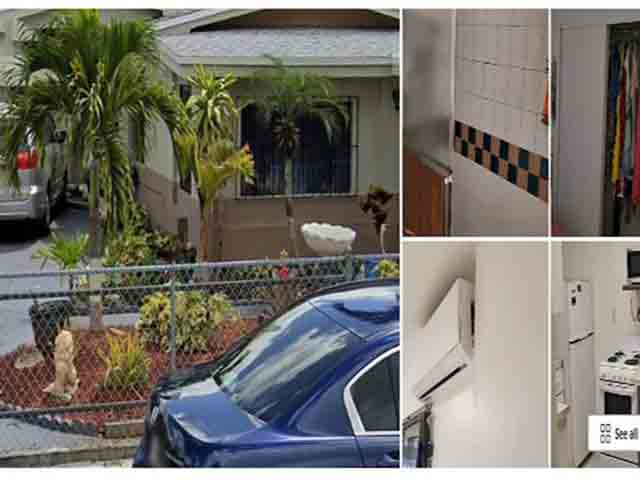
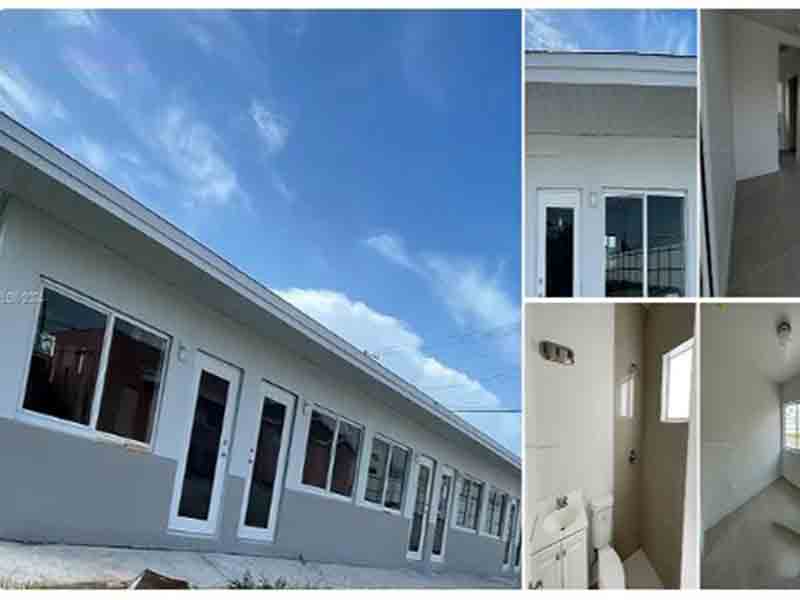
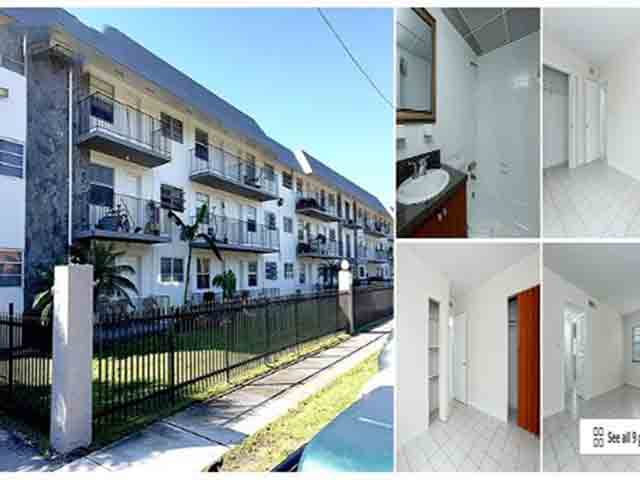

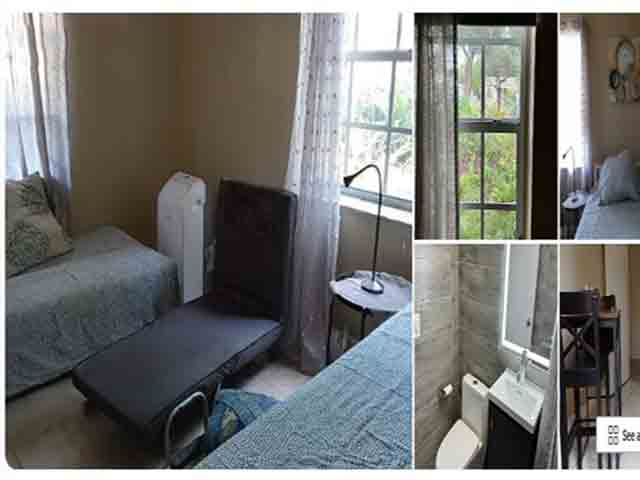
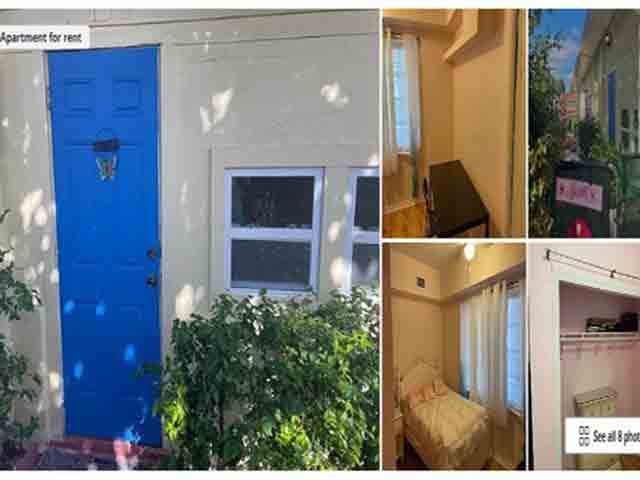













1 thought on “One Time Payment for Low-Income Renters”